|
|
|
|
South Africa’s judiciary enjoys high levels of legitimacy and respect because it’s seen as being professional as well as fiercely independent and courageous. This has not endeared it to those who fall foul of the law and attacks on it have become more frequent and intense. The harshest critic has been former president Jacob Zuma, who faces numerous corruption charges. As if that were not bad enough, the chief justice and a judge president face censure for misconduct. Against this backdrop, the country is set to appoint a new chief justice to head the Constitutional Court when the term of the incumbent ends in September. Hugh Corder outlines why the stakes have never been higher.
Nigeria’s northern region has been particularly hard hit by insecurity. This is due to Boko Haram attacks, banditry, conflicts between farmers and herders, kidnappings and ethno-religious conflicts. Sadly, children have not been spared. They have been murdered, abducted, used as sex slaves and forcefully recruited as child soldiers. Some have ended in camps for displaced people, where they risk disease and malnutrition. In this podcast, two experts explain why armed groups target children.
In the podcast we also hear about women who joined the Islamist militant group Al-Shabaab in Kenya. Fathima Azmiya Badurdeen explains what she’s found about the circumstances behind their decision, and what this means for their rehabilitation.
Subscribe to our WhatsApp bulletin here.
|
Thabo Leshilo
Politics + Society
|

|
|
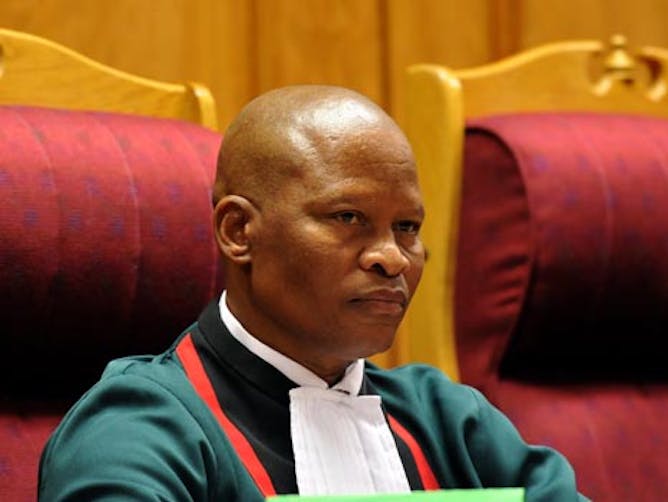
South African chief justice Mogoeng Mogoeng’s term ends in September.
GCIS/Flickr
Hugh Corder, University of Cape Town
The judicial process in South Africa is hugely contested. This places an exaggerated burden on the courts to act with maximum independence and impartiality.
|
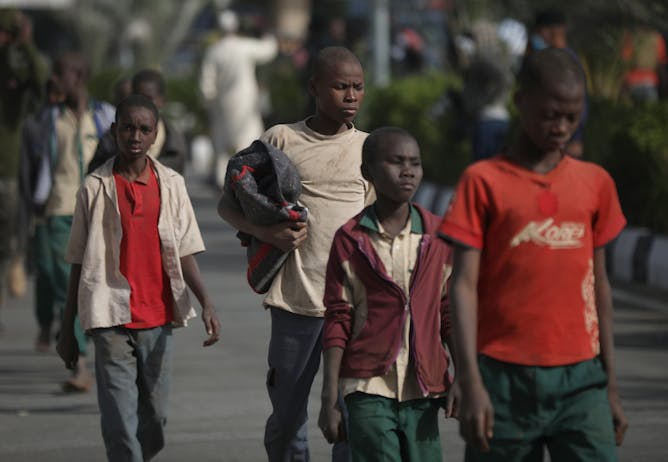
A group of boys abducted by Boko Haram in Katsina State, northern Nigeria, after their release in December 2020.
EPA
Gemma Ware, The Conversation; Wale Fatade, The Conversation
Plus, why women join Al-Shabaab in Kenya. Listen to episode 12 of The Conversation Weekly podcast.
|
Environment + Energy
|
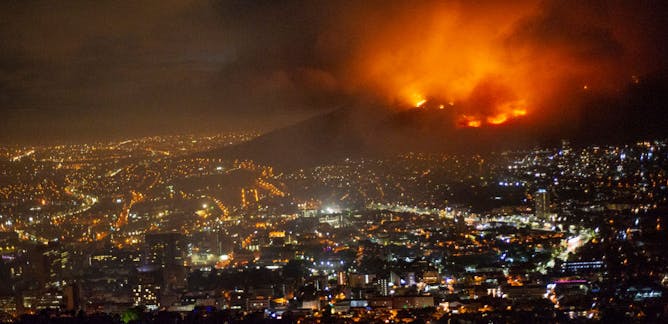
Brian Van Wilgen, Stellenbosch University; Nicola van Wilgen-Bredenkamp, Stellenbosch University
The fynbos vegetation that historically clothed the slopes of Table Mountain is highly inflammable. This has been worsened by the spread of alien trees that burn more intensely than the fynbos.
| |
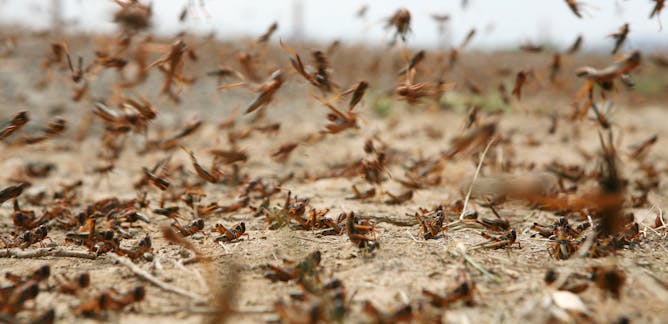
Frances Duncan, University of the Witwatersrand
Eggs can remain in the soil for several years with the embryos waiting to receive sufficient moisture to complete development. This results in synchronised hatching when there's sufficient rain.
|
|
|
Arts, Culture + Society
|

Wycliffe W. Njororai Simiyu, University of Texas at Tyler
Behind the multi-racial composition of the elite European teams competing in the tournament lies a complex and painful history.
| |
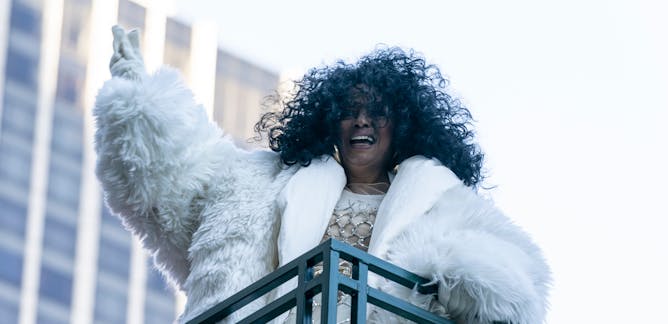
Ela Veresiu, York University, Canada
A new study finds that women influencers over the age of 50 engage in style activism to combat ageist and sexist fashion and beauty industries.
|
|
|
|
|
From our international editions
|

James Dyke, University of Exeter; Robert Watson, University of East Anglia; Wolfgang Knorr, Lund University
Prominent academics, including a former IPCC chair, round on governments worldwide for using the concept of net zero emissions to 'greenwash' their lack of commitment to solving global warming.
| |
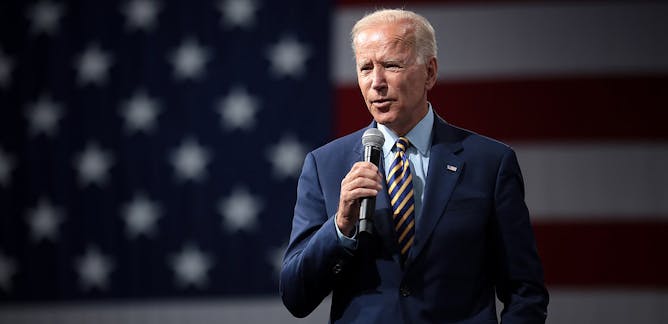
Richard Beardsworth, University of Leeds
Plus how to interpret the outcome of the pre-COP26 summit.
|
|
|
En Français
|
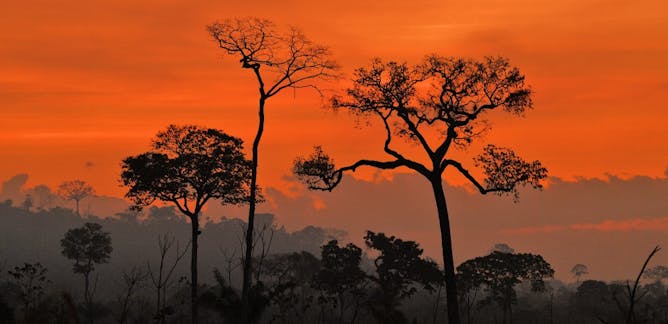
Serge Muller, Muséum national d’histoire naturelle (MNHN)
Puits de carbone, refuges pour la biodiversité, les forêts mondiales sont exposées à de multiples menaces. La communauté internationale tente de les combattre par la préservation et la reforestation.
| |
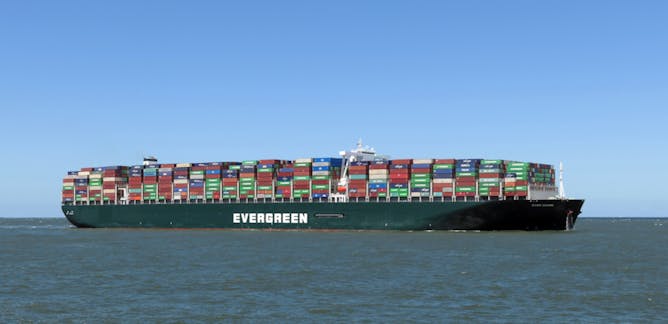
Michaël Zerrouki Albertini, Aix-Marseille Université (AMU)
L’Égypte réclame aujourd’hui près de 916 millions de dollars d’indemnités à l’armateur japonais de l’« Ever-Given », qui a entravé le canal pendant 6 jours fin mars.
|
|
|
| |
Featured events
|
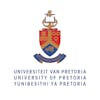
|
Online, Pretoria, Gauteng, 0083, South Africa — University of Pretoria
|

|
Robert Sobukwe Road, University of the Western Cape, Bellville, Cape Town, Western Cape, 7535, South Africa — University of the Western Cape
|

|
Online, Hatfield, Pretoria, Gauteng, 0083, South Africa — University of Pretoria
|

|
Robert Sobukwe Road, University of the Western Cape, Bellville, Cape Town, Western Cape, 7535, South Africa — University of the Western Cape
|
|
|
|
| |
| |
| |
Would you like to republish any of these articles?
|
|
It’s free to republish, here are the guidelines.
Contact us on africa-republish@theconversation.com in case you need assistance.
|
| |
| |
| |
| |
|
|
|
|
|
|
|